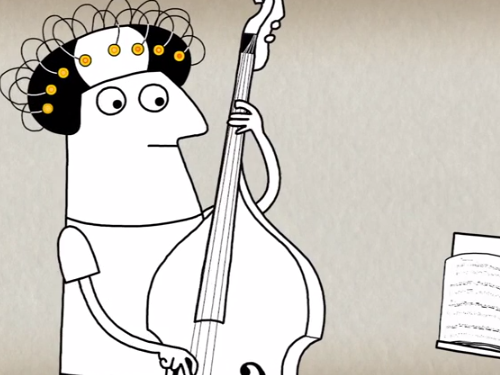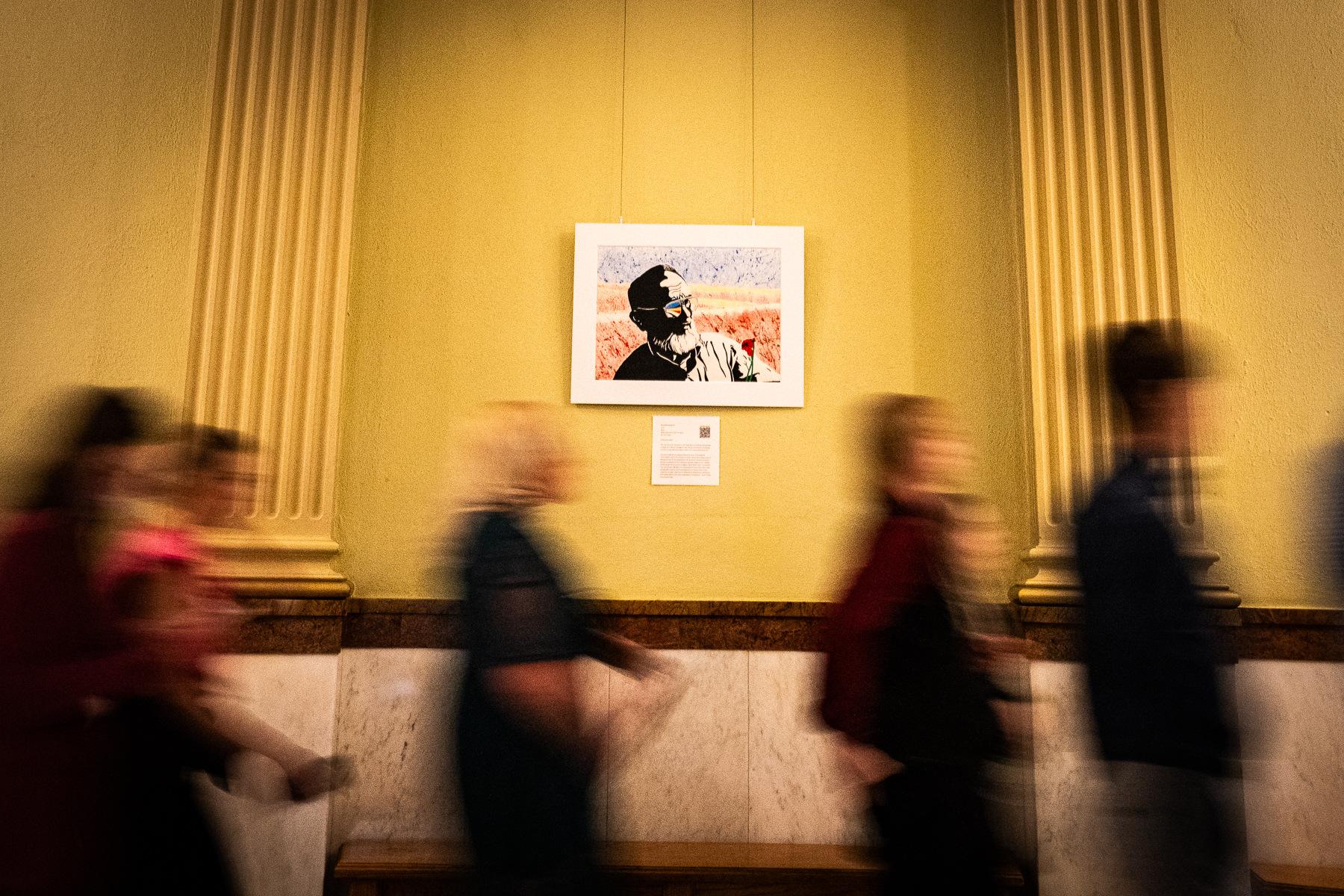
Recently, there have been some wonderful videos on social media that illustrate the benefits of music in our lives. This one from TED-Ed is especially good.
It so effectively explains recent neuroscience research and proof of the dynamic relationship between cognitive function and musical activity.
The research is particularly compelling because it confirms what philosophers and educators have told us for thousands of years. Indeed, the volume of writing on music and its connection to neuroscience, psychoanalysis, human development and even healing is staggering. In the end, though, today’s research is telling us what we already knew:
Music is unique and essential.
“Music gives a soul to the universe, wings to the mind, flight to the imagination and life to everything.” – Plato
Unique
There is nothing else like music to express and represent human feeling. Though we may try, explaining how one feels using words is ultimately an exercise in futility. Language may have the ability to describe the physical world around us and convey ideas, but it simply does not have the capacity to describe our subjective experiences.
“Music sounds the way feelings feel.” – Dr. Suzanne Langer (1957)
As you can see in the videos, contemporary neurological research is uncovering in the most spectacular ways just how unique musical activity is within the brain, and that’s when we begin to realize just how essential musical activity is in our lives.
Essential
“Creating art, and experiencing art, do precisely and exactly for feeling what writing and reading do for reasoning.” – Dr. Bennett Reimer (1989)
One of the most influential passages for me in Dr. Reimer’s book, “A Philosophy of Music Education, Second Edition” (which I studied for my master’s degree in music education) is this:
“The fluid nature of inner feelings simply cannot be entirely controlled by the very act of feeling inwardly.
What we need, to go beyond the dynamic flux of inner subjectivity, is some device to hold on to a feeling so it cannot wash away; a means to give it permanent embodiment. We need to objectify it, that is, make it into an object so that it stays as it is. So what can we do? You guessed it: we can capture it in artistic materials…
We [can] transform an entirely inner process into an outer artistic/symbolic system that so closely corresponds to the form and shape and dynamic interrelations that previously existed only inwardly as to seem to us to be identical with what transpired within us. This capacity for symbolic transformation may be the most important distinguishing characteristic of the creature we call human.
Creating art and experiencing art educate feeling.”
Reimer’s book (now in its third edition, through which I have led many music education students of my own) continues to inspire me as a musician and teacher, and it is wonderful to see so much clinical research confirming his and so many other philosophers’ theories.
Music is intrinsically valuable. Yes, involvement in music makes kids better at math, playing in orchestra or singing in choir makes them better team players. But those things can be accomplished other ways.
What music does for us can only be done through music.
Music is unique. And essential.









